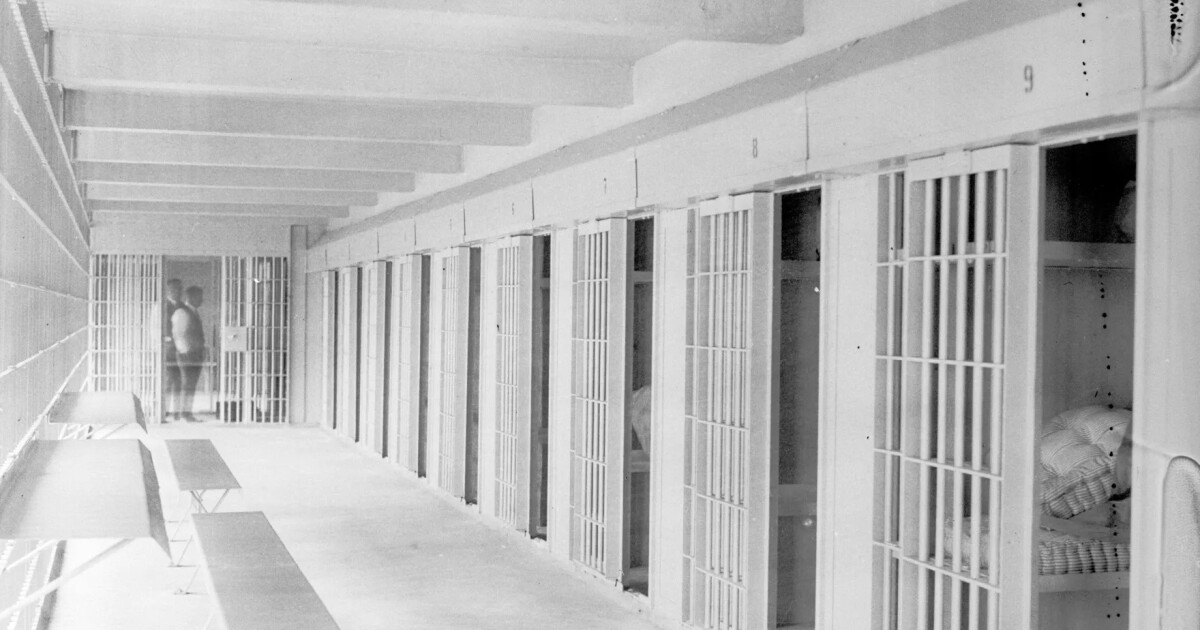The Impact of Michigan Supreme Court Decision on Life Sentences for Young Adults
A recent decision by the Michigan Supreme Court regarding automatic life-without-parole sentences for young adults has sparked debates and legislative action. The ruling deemed such sentences unconstitutional, leading to potential resentencing for individuals convicted of serious crimes at the ages of 19 and 20.
The legislation proposed in response to the court’s decision aims to address concerns about the impact of resentencing and the severity of punishments for young offenders. If enacted, the bills could result in longer sentences for certain crimes and allow prosecutors more time to review cases for potential resentencing.
Representative Sarah Lightner, who sponsored the bills, emphasized the seriousness of the crimes committed by individuals facing life without parole. She highlighted the need for justice for victims and argued that concurrent sentencing, the current default in Michigan, may not adequately serve the interests of justice.
On the other hand, advocates such as Deborah LaBelle from the American Civil Liberties Union of Michigan have raised concerns about the potential implications of the proposed legislation. LaBelle emphasized the importance of considering rehabilitation and the possibility of reintegrating young offenders into society after a period of maturation.
While the legislation passed the state House committee on party-line votes and will proceed to the House floor for further consideration, questions remain about the constitutionality and fairness of automatically imposing consecutive sentences without individual court hearings.
As the debate continues, the future of sentencing for young adults convicted of serious crimes in Michigan remains a topic of significant interest and scrutiny.






